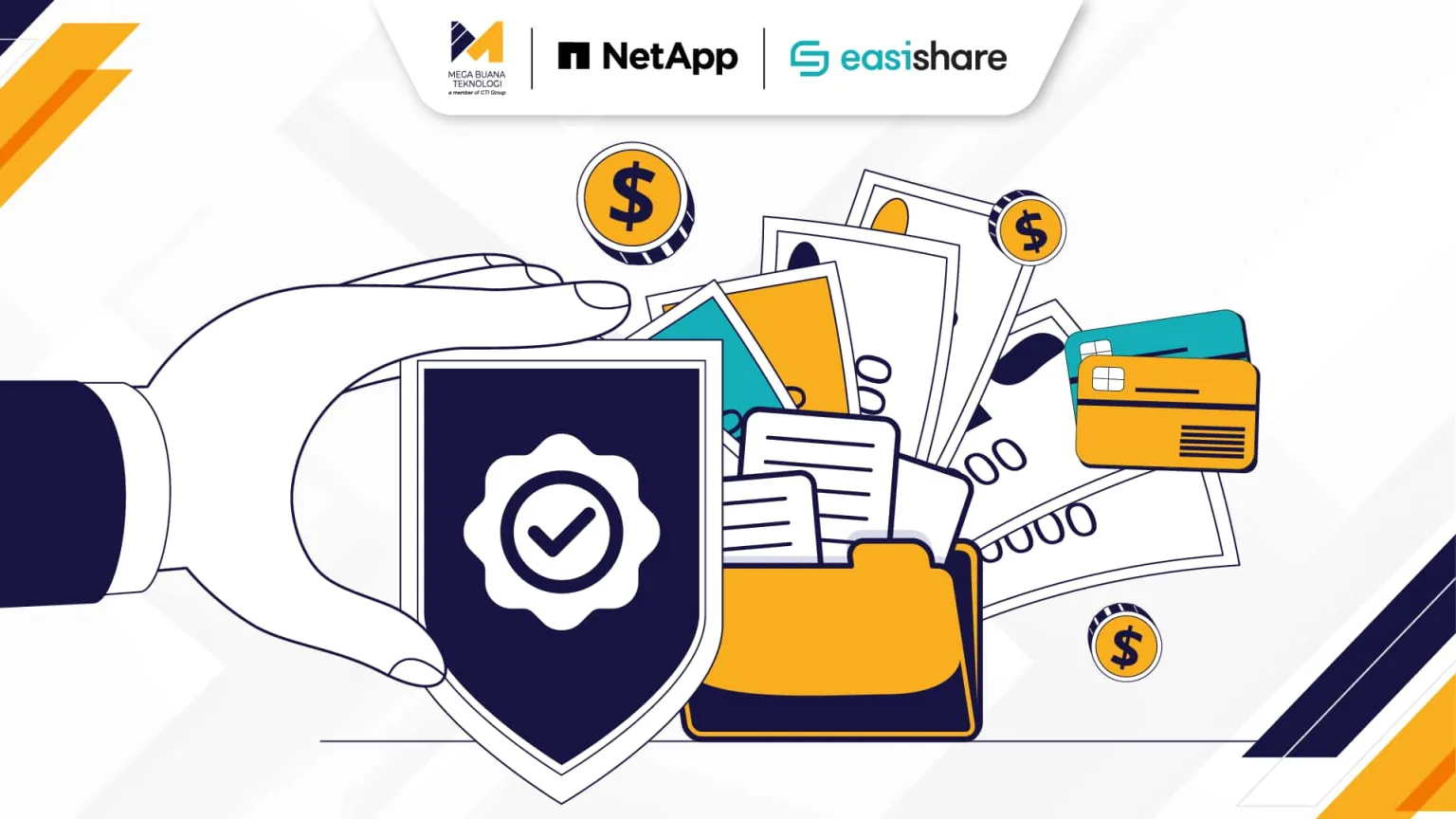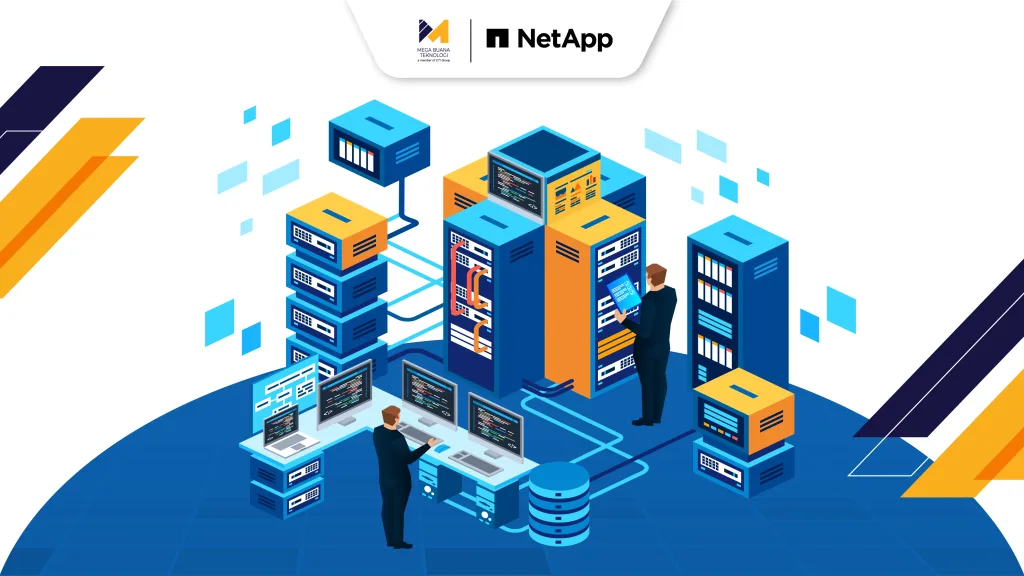In today’s fast-paced digital world, threats to financial data are becoming increasingly real and terrifying. Imagine crucial information like bank account details, employee payroll, or your company’s tax reports falling into the wrong hands! That is why financial data protection become essential and non negotiable thing for enterprises.
According to IBM’s Cost of a Data Breach Report 2023, the average cost of a breach in the financial sector reached $5.9 million, making it one of the most expensive industries for data loss. This number is only expected to rise as digital transactions and cloud adoption continue to grow.
Despite heightened awareness, many businesses still fail to implement robust security strategies. With regulatory frameworks like GDPR, SOX, and PCI DSS demanding stricter compliance, companies must rethink their data protection strategies—not just for legal reasons, but to preserve customer trust and operational continuity.
What is Financial Data Protection?

Financial data protection refers to the strategies, technologies, and policies implemented to safeguard sensitive financial information from unauthorized access, breaches, or loss. This includes protecting data such as bank account details, transaction records, investment information, payroll data, and financial reports.
Whether it’s stored on cloud platforms, internal servers, or shared across teams, securing financial data is critical to maintaining business integrity and client trust. Effective financial data protection involves a multi-layered approach.
This can include data encryption, access controls, multi-factor authentication (MFA), and regular security audits. Additionally, secure backup systems are essential to prevent data loss due to system failures or cyberattacks. With rising cyber threats and increasingly complex data environments, businesses must proactively implement comprehensive security protocols.
In today’s digital-first world, where financial operations are increasingly cloud-based and automated, protecting financial data goes beyond compliance—it becomes a core element of risk management and operational resilience.
Why Financial Data Protection is Essential?
Protecting financial data is not just about avoiding fines or meeting regulatory requirements—it’s about securing the backbone of your organization. A single data breach can expose confidential financial information, resulting in severe financial losses, reputational damage, and erosion of customer trust. Cybercriminals frequently target financial data because of its high value and potential for exploitation.
Moreover, in industries like banking, fintech, and e-commerce, where digital transactions happen at high volume and speed, the stakes are even higher. Financial data protection ensures operational continuity, strengthens compliance with data privacy laws like GDPR and SOX, and reduces the risk of fraud or insider threats. Ultimately, robust data protection enables businesses to innovate and scale securely without compromising sensitive information.
Common Threats to Financial Data Protection

Cybercriminals constantly seek opportunities to exploit weaknesses in systems and processes to gain access to sensitive financial information in today’s digital era. One of the most common threats is phishing attacks, where employees are tricked into revealing login credentials or sensitive information through deceptive emails or messages.
Another major threat is ransomware, where attackers encrypt a company’s financial data and demand a ransom for its release. This can cause severe operational disruption and financial loss. Additionally, insider threats—whether malicious or accidental—pose significant risks, especially when employees mishandle data or gain unauthorized access to confidential financial records.
Weak access controls, outdated software, and lack of encryption can also leave data exposed to unauthorized access or data breaches. As financial data often contains information about transactions, revenue, payroll, and tax records, protecting it from these threats is crucial to maintaining compliance, trust, and business continuity.
5 Ways to Keep a Company’s Financial Data Secure
There are five ways to keep a business financial data always secure. Here are five ways:
- Implement Role-Based Access Control (RBAC) by limiting access to financial data based on employee roles, ensuring only authorized personnel can view or modify sensitive information.
- Use encryption and secure backups, both at rest and in transit, and create regular secure backups to recover data in the event of a breach or system failure.
- Conduct regular security audits and monitoring by doing continuously monitor systems for suspicious activities and perform audits to identify vulnerabilities before they can be exploited.
- Educate employees on cybersecurity best practices by provide ongoing training to employees on recognizing phishing attempts, creating strong passwords, and handling financial data securely.
- Keep software and security tools updated by regularly update accounting software, antivirus programs, and firewalls to patch security gaps and defend against evolving threats.
Financial Data Protection Best Practices
Data is a valuable asset that become a high-value target for cyberattacks, fraud, and regulatory scrutiny. Financial institutions must adopt robust, scalable, and intelligent data protection strategies to secure financial records, ensure compliance, and maintain customer trust. Solutions from NetApp and EasiShare provide industry-leading technologies that help financial organizations stay resilient in the rising threats and complex data governance requirements.
NetApp
NetApp empowers financial institutions with a secure and resilient data foundation designed to handle critical workloads like fraud detection, transaction processing, and regulatory reporting. Their solutions combine encryption at rest and in transit, intelligent access controls, and automated backup and recovery across hybrid environments.
With NetApp, data is protected regardless of where it lives—on-premises, in the cloud, or across multiple data centers. For financial services, NetApp’s continuous availability, automated failover, and built-in ransomware protection ensure operations stay online, even under pressure.
By integrating AI and automation, NetApp helps detect anomalies, respond to threats faster, and streamline compliance with industry regulations such as PCI DSS and ISO 27001.
EasiShare
Easishare offers a secure platform for file sharing, storage, and collaboration tailored to protect sensitive financial documents internally and externally. With advanced data loss prevention (DLP) features like granular access control, link expiration, one-time download links, and end-to-end encryption, financial teams can collaborate safely without compromising data confidentiality.
Especially relevant for remote and hybrid work environments, EasiShare ensures zero-trust file access, full audit trails, and integration with Active Directory for consistent user management. Its ability to prevent unauthorized sharing and track every interaction gives financial institutions the visibility and control they need to enforce data security policies across departments and third-party vendors.
Why Choose NetApp and EasiShare?
Protecting sensitive enterprise data while maintaining operational agility is non-negotiable. NetApp and EasiShare offer a powerful combination of solutions designed to secure, manage, and control your data—from storage to sharing—across hybrid and highly regulated environments.
NetApp provides industry-leading data resiliency and encryption solutions ideal for organizations with mission-critical data, such as those in financial services. With built-in disaster recovery, real-time data replication, fraud detection support, and end-to-end encryption, NetApp ensures that your enterprise can maintain business continuity even during cyberattacks or system outages. Whether it’s ensuring regulatory compliance or minimizing data loss, NetApp’s hybrid cloud-ready infrastructure is built to safeguard data across your entire ecosystem.
EasiShare, specializes in secure file sharing and collaboration enables internal and external stakeholders to share sensitive documents without the risk of data leakage. Equipped with enterprise-grade features such as end-to-end encryption, granular access controls, OTP-protected links, and comprehensive audit trails, EasiShare gives IT administrators full visibility and control. Moreover, it integrates seamlessly with Active Directory, enabling organizations to enforce consistent security policies across users and departments.
Get Financial Data Protection Solutions Only at MBT
Mega Buana Teknologi (MBT) as part of CTI Group, is ready to help your financial data protection against cyber threats. Through leading NetApp and EasiShare solutions, we offer a proactive approach to protect financial data.
Supported by a team of IT professionals, MBT provides end-to-end consulting and implementation services tailored to your business needs. Contact us today to find the best-fit financial data protection solution to protect your data and sustain your business continuity.
Author: Ervina Anggraini – Content Writer CTI Group




